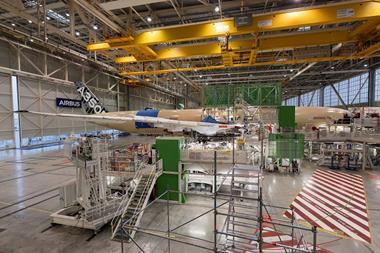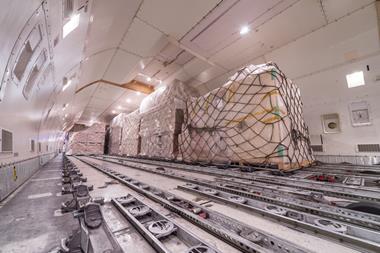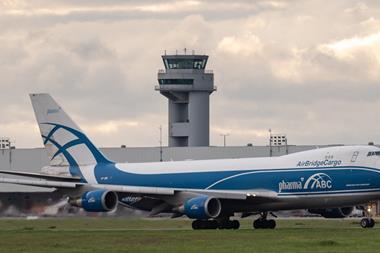Sweden's West Atlantic cargo airline saw 2016 full year revenues down by 6.3% to SKr1.3bn ($145.6m), due partly to the loss of a five-aircraft contract with Swedish NMO PostNord at the end of 2015.
Full year 2016 earnings before interest, tax, depreciation and amortisation (ebitda) amounted to SKr127.5m down by 28.3% on prior year period.
Revenue was also affected by the total loss of a 1993-built Bombardier CRJ200 freighter in January 2016, which crashed while flying from Oslo to Tromsö, resulting in the death of the two crew members. The remaining CRJ fleet did not operate for several days and the airline’s ATP fleet was utilised to cover the downtime.
The accident was investigated by the Swedish authorities and a final report contained no recommendations against West Atlantic.
Fredrik Groth, West Atlantic's chief executive and president, said of the company's 2016 results: “There has been a growth from the Boeing 737 and Boeing 767 fleets but this has been offset by lower utilisation of the ATP fleet and lower revenue from technical services from ATP.
“The primary driver of the lower ATP revenue was the loss of the operation for the Swedish NMO PostNord at the end of 2015, which involved five aircraft. Following Posten Norge’s decision to stop Saturday delivery of mail, the operating calendar has been reduced with lower revenue level.”
In November 2016,West Atlantic confirmed that it has won a five-year contract from Royal Mail Group to add additional aircraft to the UK postal operator's domestic air network from mid-January 2017.
Groth, commenting on the contract win, said: “We are adding a total of seven Boeing 737-400s as a result of the Royal Mail UK contract award. Two of those have been delivered to date, and the additional aircraft are coming on board over the next five months.
“We are working on finding new opportunities to grow our CRJ and B767 fleet, while also ensuring our ATP fleet increases its utilization.”
In his outlook, Groth said: “2016 was a year with lots of difficult changes, a terrible aircraft accident, cost reductions, and new contracts. We have come a long way from where the year started, but we did not reach all our objectives. We have entered 2017 with a solid plan in hand for how to complete the group turnaround and ensure we remain competitive and can deliver on our financial and operational promises going forward.”
He added that the airline’s clients remain in general “optimistic” about volume growth, and “seem to have increased flexibility and willingness to outsource more and open up new routes”.
He continued: “We are also taking small steps to evaluate markets outside of Europe, where regional cargo growth is much higher than in Europe. The long-term outlook for the eight tonnes market in Europe is one in which we expect there will be more suppliers competing for a mature, or potentially shrinking, market.
“As barriers to entry are reducing, we have positioned ourselves well by aiming to be less dependent on this market, while we focus additional resources on larger, more complex and less supplied aircraft solutions.
“While we expect to operate in the eight tonnes market for many years to come, we will during 2017 evaluate the commercial shift that has taken place in this payload range and the effect it will have on the future earnings potential of the ATP fleet and the future need for assets associated with this fleet.”










